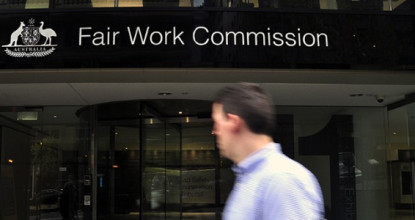Government announces response to casual employee “double-dipping”

December has been a busy month for Industrial Relations Minister Kelly O’Dwyer. In addition to recent legislative changes to the Fair Work Act 2009 (Cth), it was announced on Monday that the Coalition government would be using a new regulation to try and prevent “double-dipping” on loadings and entitlements by long-term casual employees.
The proposed new regulation will provide that in situations where employers have paid an employee engaged as a casual an identifiable casual loading, they will be able to offset this amount against any order to backpay employees for national employment standards entitlements such as annual leave.
The news comes following the Federal Court Full Bench ruling in August in Workpac v Skene [2018] FCAFC 131. Mr Skene was engaged as a casual and received a 25% casual loading, but claimed that because he worked regular hours for 4 years, he was not actually a casual and was therefore entitled to national employment standards entitlements such as annual leave. The Full Bench agreed with Mr Skene and held that he was entitled to annual leave and sick leave, and dismissed the arguments made by the employer that Mr Skene had already been compensated for these entitlements because he had been paid the 25% casual loading.
Employer and industry groups raised concerns following Workpac that there would be a large influx of claims for back pay which could lead to situations where businesses are required to essentially pay for the same entitlement twice. The Australian Industry Group estimated that the Workpac ruling could cost employers between $5.7 to $8 billion in back payments.
The new regulation is a clear response to employer concerns with Ms O’Dwyer stating on Monday when announcing the new regulation that “Every employer must comply with their legal obligations but being forced to pay for entitlements twice is unfair and potentially crippling for many small businesses. It is critical that small and medium-sized businesses have the confidence to invest in their business and employ people.”
The announcement comes after Ms O’Dwyer had previously intervened on behalf of the Commonwealth in a Federal Court test case brought by Workpac which is seeking to further clarify the nature of the initial Workpac decision.
This content is general in nature and provides a summary of the issues covered. It is not intended to be, nor should it be relied upon, as legal or professional advice for specific employment situations.
